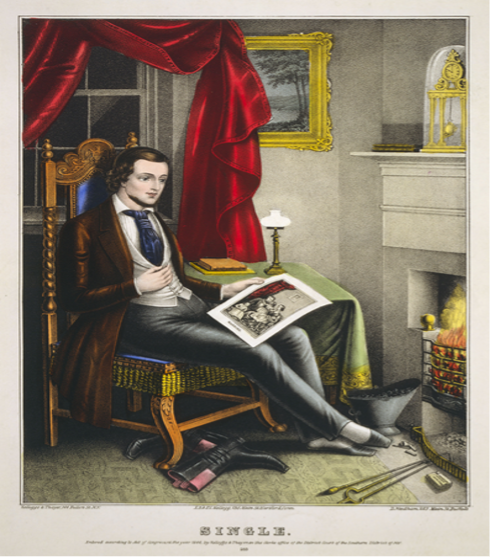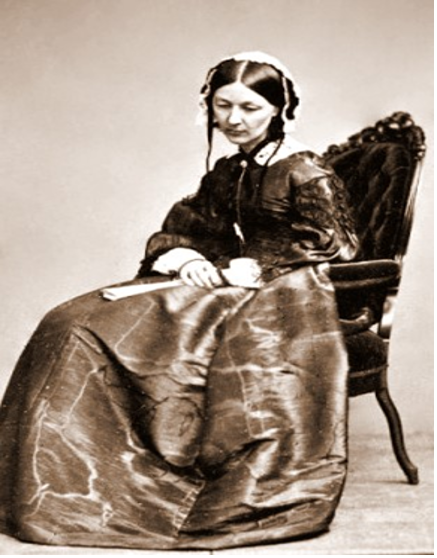
What are some Danish Traditions?
The Tradition of Cinnamon and Pepper
In Denmark we have two special traditions which address people turning twenty five and thirty years of age. Tradition states that everyone who is not married when they turn twenty five must have cinnamon and pepper when they turn thirty on their birthday.

When a man turns twenty five years old and is unmarried he is called a cinnamon friend and a woman is called a cinnamon maiden. In the same way a man is called a pepper boy and a woman is a pepper maiden if, the person turns thirty without being married. In contrast to the pepper tradition, the cinnamon tradition is a Danish phenomenon, and it is not known in other Nordic countries. In addition, it could be a Jutlandic tradition that’s spread to the rest of Denmark.
According to tradition, friends surprise the person and tie them to a fixed object such as a tree, a lamp post or a flagpole. Wearing safety googles and a dust mask the circle of friends overwhelm the person with the cinnamon. The creativity is huge and likewise is the amount of cinnamon. It can vary from a small envelop full to a large bucket of cinnamon.
If you walk the streets of Aalborg you can experience the delicious scent of the spice and if you look closely, it will soon appear to you that the area is covered with brown powder of cinnamon.

The tradition of pepper boys and pepper girls is the oldest of these traditions. It has its roots all the way back to the Hanseatic League’s trade alliance. The tradition is from the beginning of the 16th Century. Pepper was an expensive spice and merchants were therefore often associated with pepper. It was the pepper boys who sold the spices in the established market places.
Typically, the merchants were posted from remote headquarters and had entered into an agreement to refrain from fraternisation. This meant , in other words, they were not allowed to marry when they were posted. The trade was the first priority. It was feared that if a woman came into the picture the obligation to their trade would be downgraded.
This lifestyle meant that the merchants were often unmarried and they were called”pepper boys”. Later the term was used for older bachelors and thus it lost its original meaning. The famous Danish writer Hans Christian Andersen wrote a fairy tale (1858) about a pepper boy who remained a pepper boy all his life. “Peppersvendens nathue”


